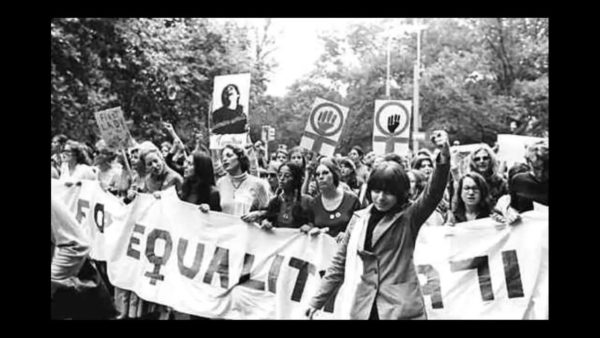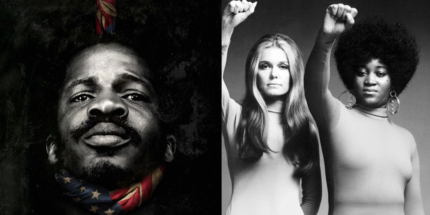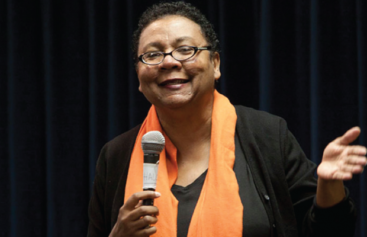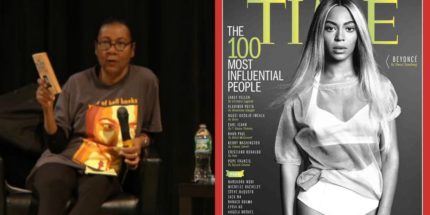The recent comments by Patricia Arquette after she won an Academy Award highlighted the longtime racial schism in the women’s movement. This is what Arquette said: “So the truth is, even though we sort of feel like we have equal rights in America, right under the surface there are huge issues that are at play that really do affect women. And it’s time for all the women in America, and all the men that love women and all the gay people and all the people of color that we’ve all fought for to fight for us now!” Clearly, in her mind the “we” has never included Black women.
The Movement Didn’t Include the Experiences of Black Women
Black women who participated in the feminist movement during the 1960s often met with racism, which usually took the form of exclusion: Black women were not invited to participate on conference panels that were not specifically about Black or Third World women, according to the Massachusetts Institute of Technology journal, The Thistle. They were not equally, or even proportionately, represented on the faculty of women’s studies departments, nor were there classes devoted specifically to the study of Black women’s history. In most women’s movement writings, the experiences of white, middle-class women were described as universal “women’s experiences,” largely ignoring the differences of Black and white women’s experiences due to race and class. In addition to this, well-known Black women were often treated as tokens; their work was accepted as representing “the” Black experience and was rarely ever criticized or challenged.



